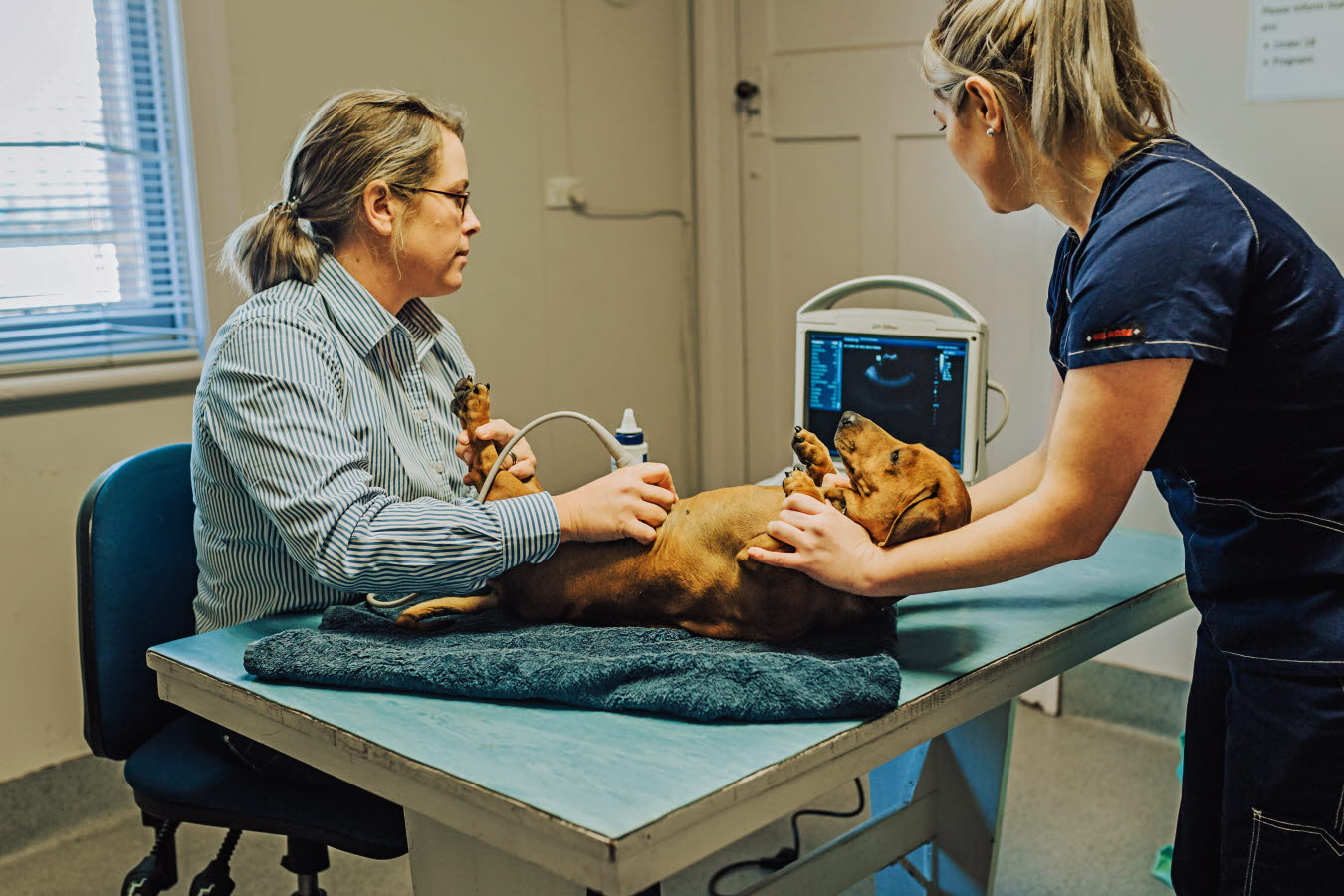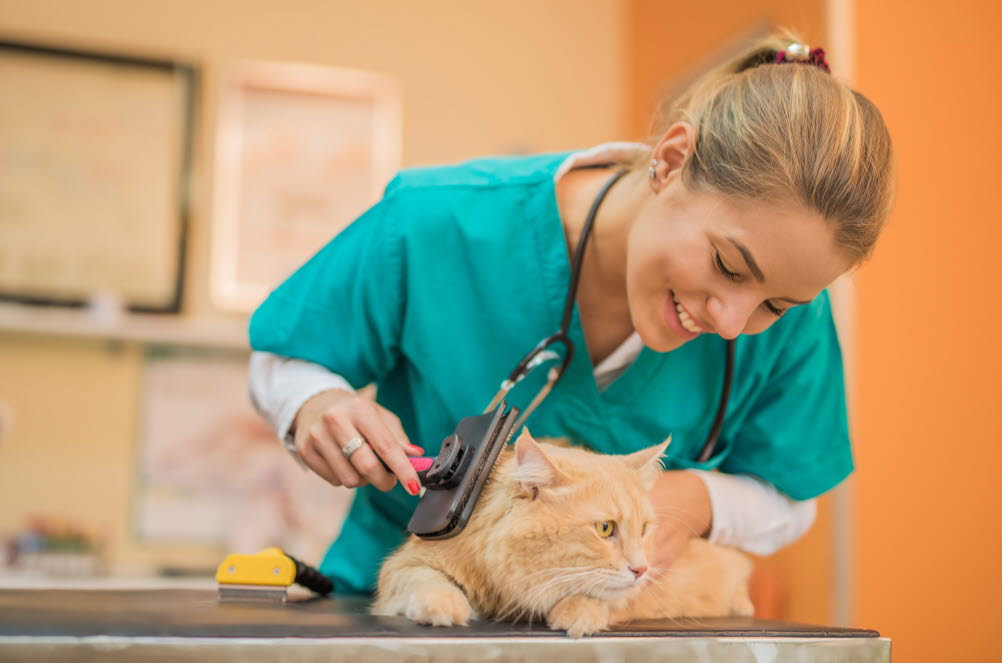A career in veterinary science
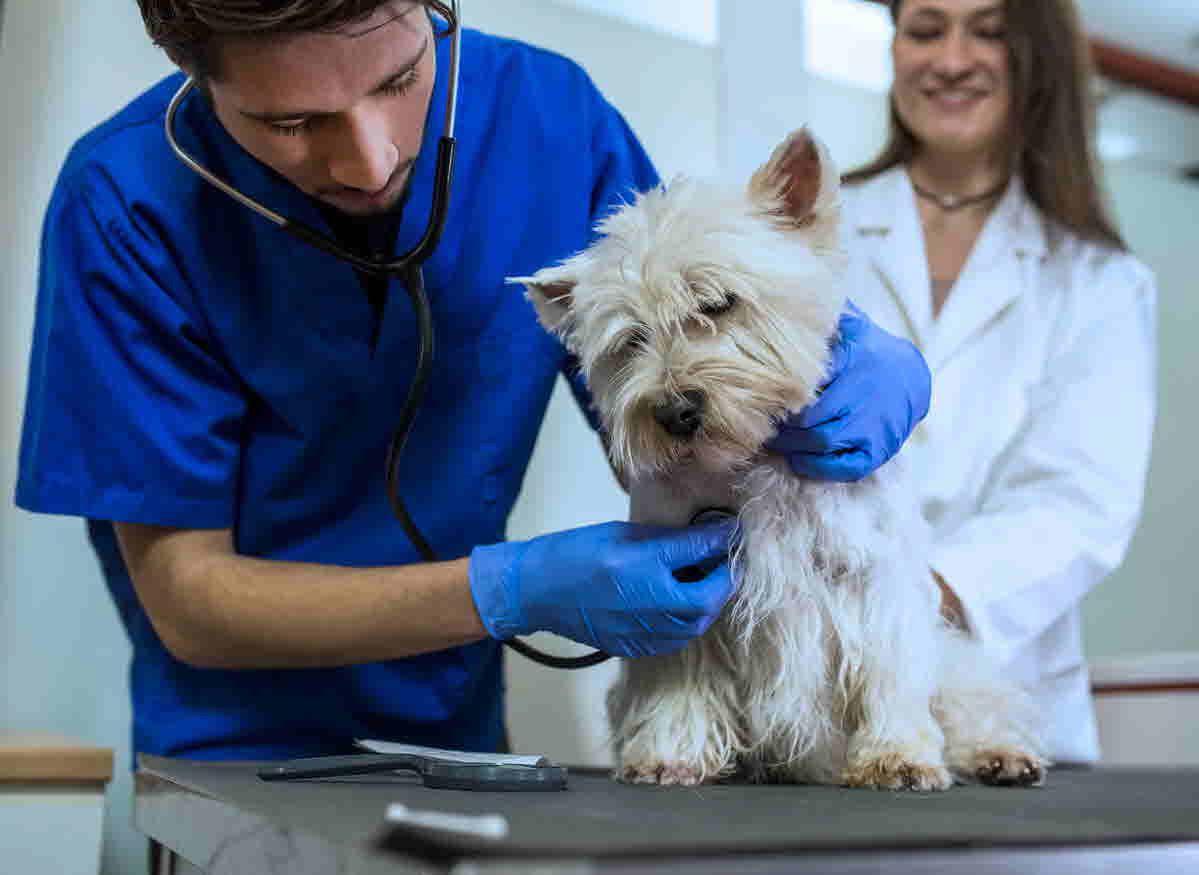
A career in veterinary science is a fascinating and rewarding experience. The entry requirements for veterinary school are tough and the course itself is oftentimes gruelling, but the outcomes that come with this life-long profession is what makes veterinary science a rewarding career.
With medical and surgical techniques always evolving, those seeking a career should be prepared for ongoing study. There are numerous ways you can use a veterinary degree, including working as a small or large animal clinician, undertaking further training and study to become a recognised specialist or even working in trade and biosecurity for the government.
We’ve outlined some of the steps involved in becoming a veterinarian as well as potential avenues for work once you’re qualified as a veterinary surgeon.
Becoming a veterinarian
The veterinary science degree is generally a 5-7 year degree at university, with many universities now only offering post-graduate entry. This means you would require a Bachelor degree before applying to veterinary school.
Entry to the course is very competitive, so you will need very good marks at high school (if planning on attending an undergraduate veterinary degree) or very high marks in your undergraduate degree.
It’s always a good idea to get work experience before undertaking a difficult degree to ensure the career is a good fit for you. Work experience in veterinary clinics is highly sought after, so establishing a good relationship with your local veterinarian often helps. It’s also worthwhile getting experience working with and handling a broad range of animals, such as walking dogs at the local shelter or helping out at the local stables.
Careers for veterinarians
Once you successfully finish the course and become registered as a veterinary surgeon, a wide range of jobs await you. You can work as a general practitioner in either a small animal, large animal or mixed practice. In this role, you will work with a large range of species and do a bit of everything including medicine, surgery, radiography, behavioural consults, dentistry and reproductive work. Most veterinarians work as clinicians or general practitioners in their local communities.
Some veterinarians choose to specialise in one specific area. Veterinarians can become recognised specialists by undertaking further training and study (often for a period of several years) and passing entry exams in one area such as orthopaedic surgery, feline medicine, dentistry and behaviour.
Other veterinarians move away from clinical work into a diverse range of roles that require veterinary expertise. Overseeing animal use at universities, working on animal welfare laws in the state government or helping enforce Australia’s strict biosecurity laws at the federal government. Veterinarians can be found in export abattoirs, in laboratories, working behind the scenes in government and non-government organisations, as consultants to the livestock industry and in animal shelters. The broad range of job opportunities for veterinarians is what makes our profession so interesting.
Veterinary jobs all in one place
Trending Now
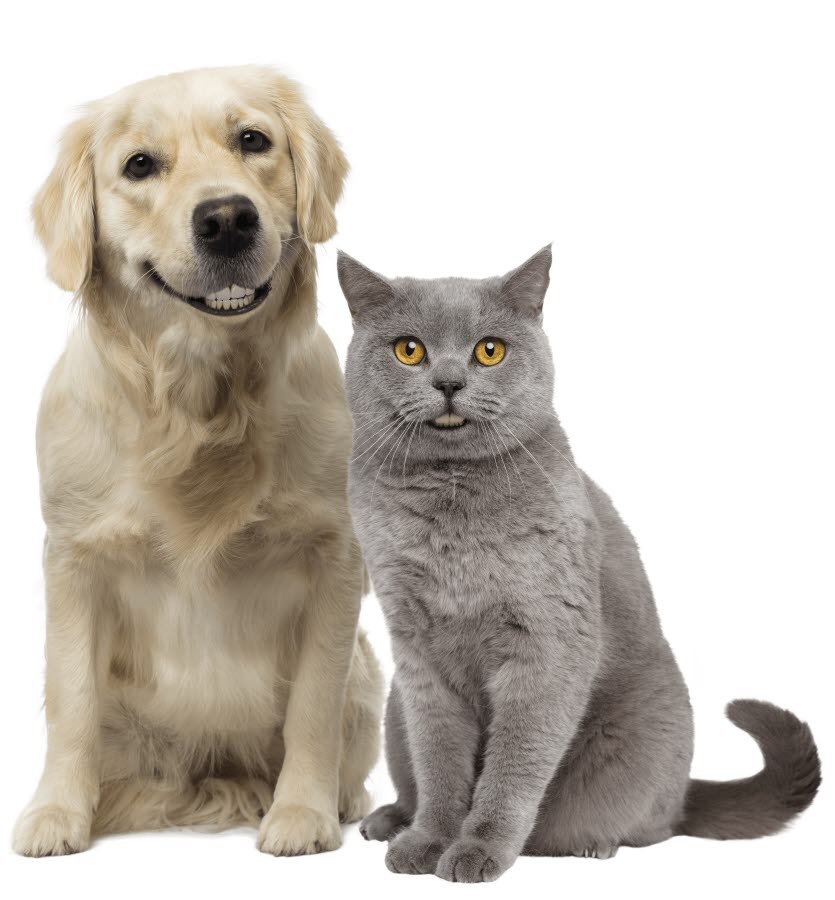
Important steps to dental and oral health in dogs and cats
3 years ago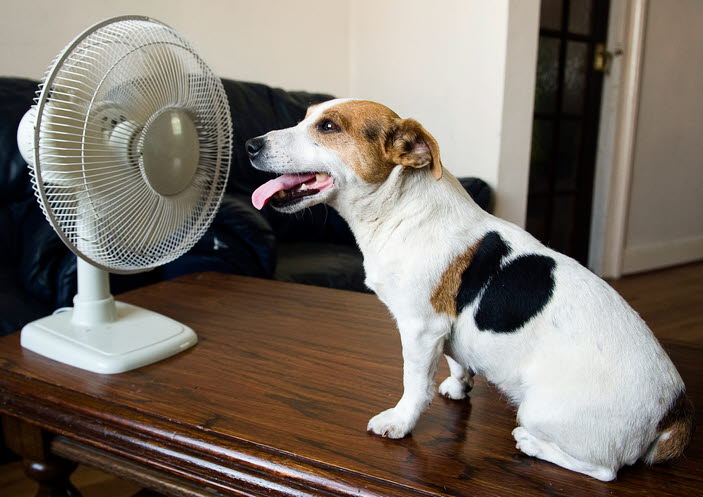
Be prepared for common summer hazards for pets
3 years ago
Why is digestive health so important for dogs and cats?
3 years ago

